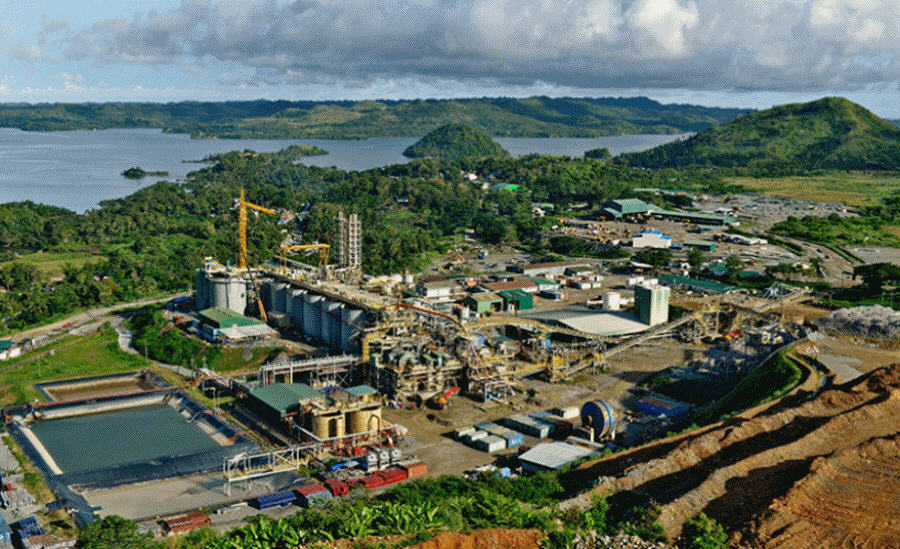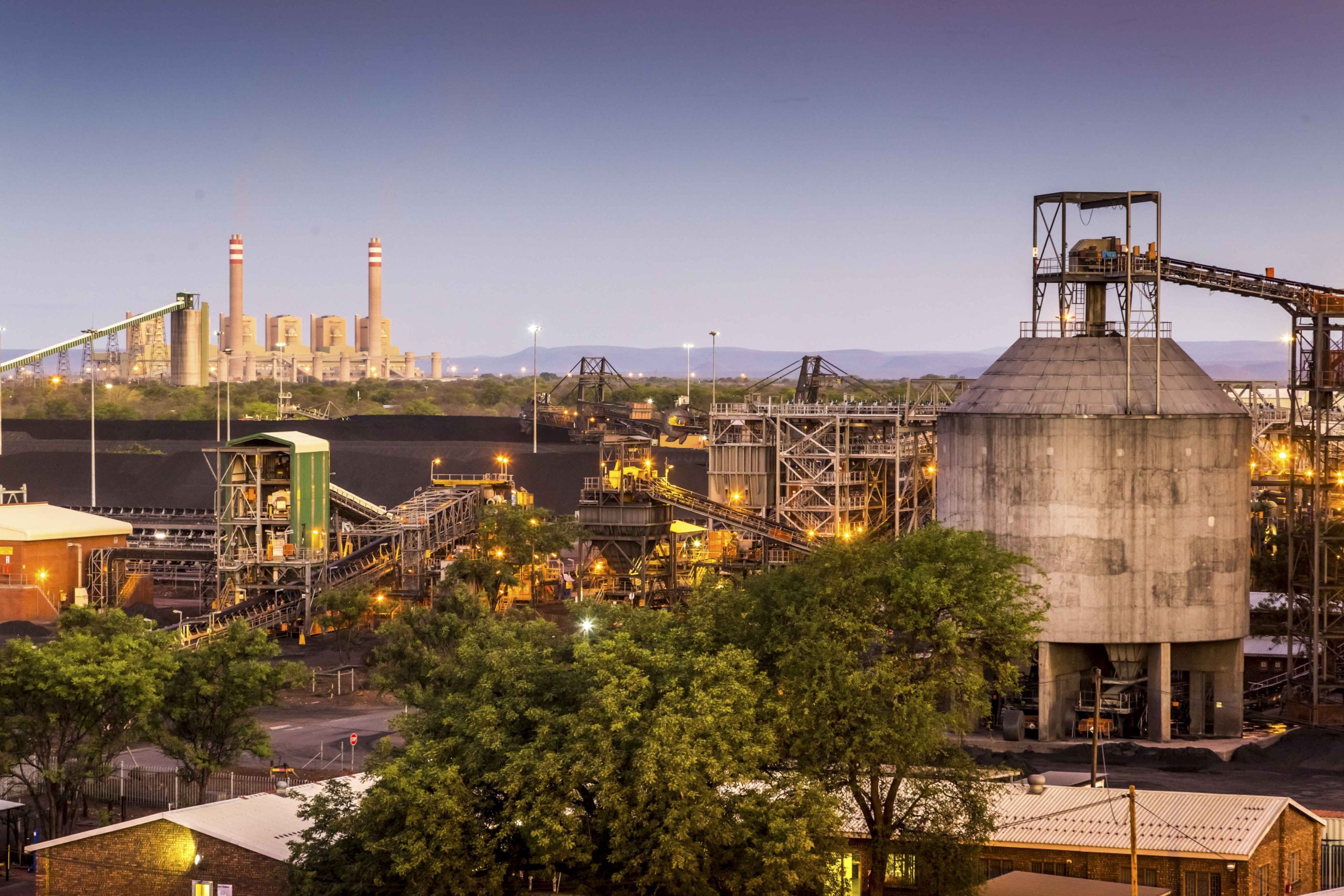Vancouver miner escapes Philippine crackdown

The Philippine government, which has long had an uneasy relationship with the mining industry – and one former Vancouver miner in particular – has shut down nearly two dozen operating mines.
One of the companies caught in the crackdown is the Australian-Canadian company OceanaGold Corp. (TSX:OGC), which is headquartered in Australia but has a corporate office in Vancouver. The company’s Didipio is among those being suspended.
Vancouver’s B2Gold Corp. (TSX:BTO), which is one of the few Canadian mining companies with an operating mine in the Philippines, is not among the companies with operations being suspended.
According to B2Gold, its Masbate gold mine is not on the list of 23 operating mines that are been shut down, over ongoing environmental concerns.
According to Reuters, most of the 23 mines being shut down are nickel mines. However, OceanGold’s Didipio mine is gold-copper.
Operating mines in the Philippines have been the subject of audits by the government’s Department of Environment and Natural Resources (DENR). According to B2Gold, the DENR has released the results of B2Gold’s audit and it is not on the list of mines being shut down.
“Operations remain as normal at the mine,” the company said in a press release.
The Masbate mine is the largest operating gold mine in the Philippines, which has long had something of a strained relationship with mining companies, thanks in no small part to a mining disaster there involving a Vancouver mining company: Placer Dome.
Placer Dome, which was acquired by Barrick Gold Corp. (TSX:ABX) more than 10 years ago, owned the Maracopper copper mines on Marinduque Island – the site of the Philippines worst mining disaster.
According to a 2002 case study by Miningwatch, “under Placer Dome’s management, Marinduquenos endured one mining-related environmental disaster after another.”
Over a 16-year period, the company dumped 200 million tonnes of mine waste into a local bay, according to the case study. Metals leaching into local waters were believed to have caused lead poisoning among locals.
In 1993, a tailings pond dam burst, killing livestock, destroying crops and destroying homes. In 1996, another spill occurred.
In 1997, Placer Dome sold the mine and left the Philippines, but Barrick Gold inherited its legal problems. The provincial government where the mine operated tried to sue Barrick in the U.S., but in 2015, the suit was dismissed.
In recent years, the Philippine government has increased environmental oversight for mining companies there.
{{ commodity.name }}
{{ post.title }}
{{ post.date }}




Comments